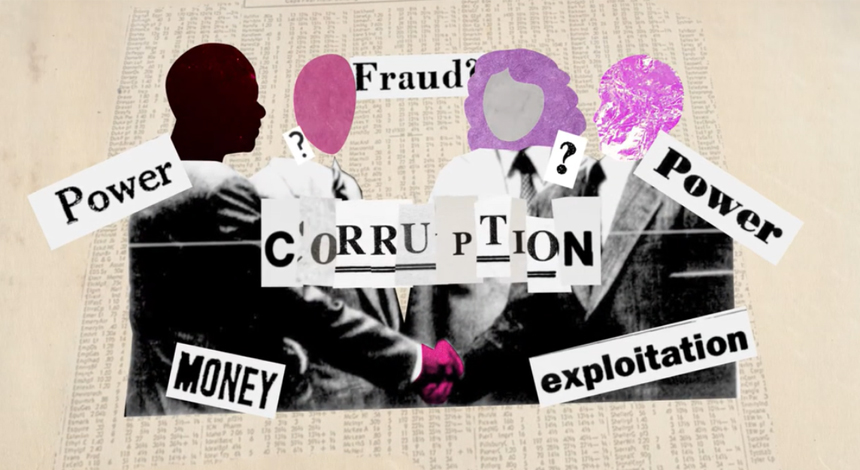
Corruption is a complex issue, and it involves a multitude of factors. While it is true that corruption has been a longstanding problem in the Philippines, it is important to avoid generalizations and recognize that not all employees in the government are corrupt. However, several factors have contributed to the perception of corruption in the country:
Historical factors
The Philippines has a history of colonization and political instability, which has had a lasting impact on its governance. These factors have influenced the development of a culture where corruption can flourish.
Poverty and inequality
Widespread poverty and economic inequality can create an environment conducive to corruption. When basic needs are not met, citizens may resort to corrupt practices to secure their livelihoods.
Weak institutions
Weak institutional frameworks, including inadequate law enforcement, judiciary, and regulatory bodies, contribute to corruption. Insufficient checks and balances allow those in power to engage in corrupt practices with little fear of being held accountable.
Political patronage
The prevalence of patronage politics, where politicians reward their supporters with government positions and benefits, can perpetuate corruption. Loyalty often takes precedence over meritocracy, leading to the appointment of incompetent and corrupt officials.
Lack of transparency and accountability
Limited transparency in government transactions and a lack of accountability mechanisms create an environment where corruption can thrive. Without proper oversight and transparency, it becomes easier for individuals to engage in corrupt practices without detection.
Culture of impunity
The perception that corrupt individuals can act with impunity without facing legal consequences undermines efforts to combat corruption. When people believe that corruption can go unpunished, it encourages further corrupt behavior.
! DisclaimerIt's important to note that the Philippine government has taken steps to address corruption in recent years. For instance, the creation of anti-corruption agencies such as the Ombudsman and the Commission on Audit demonstrates the government's commitment to fighting corruption. Additionally, civil society organizations and citizens' movements play a crucial role in advocating for transparency, accountability, and good governance.